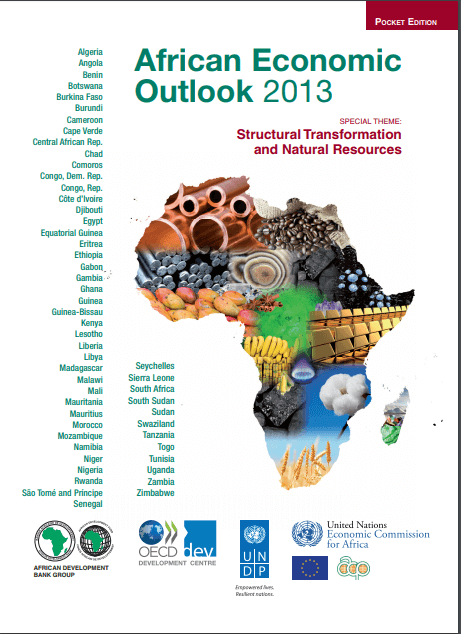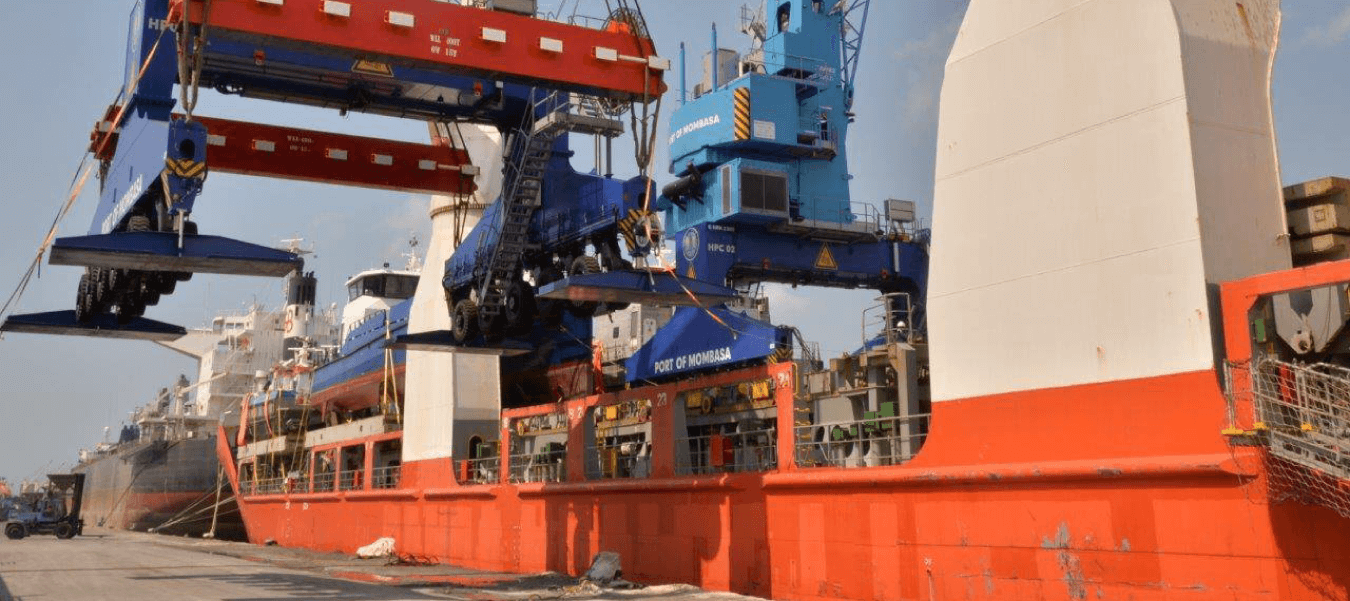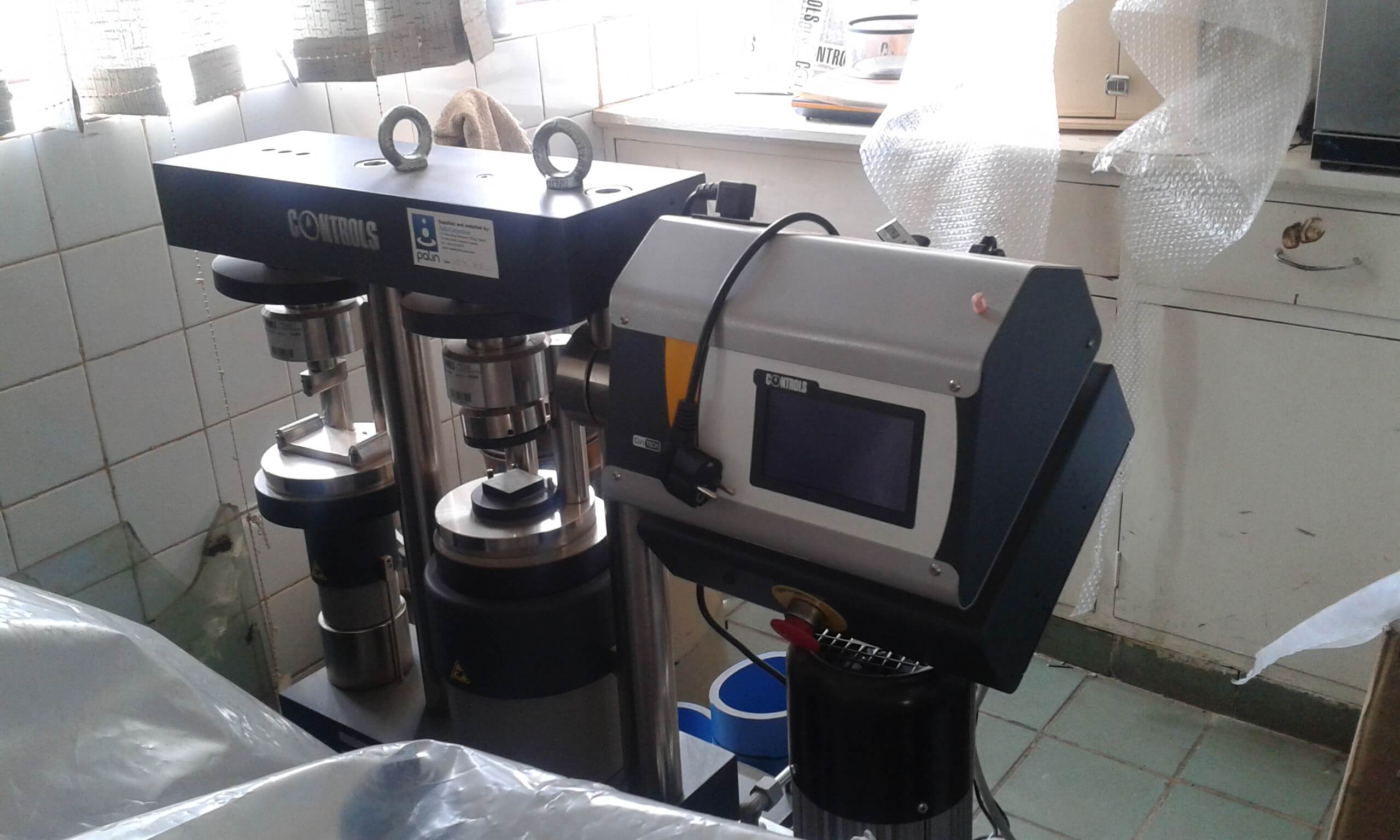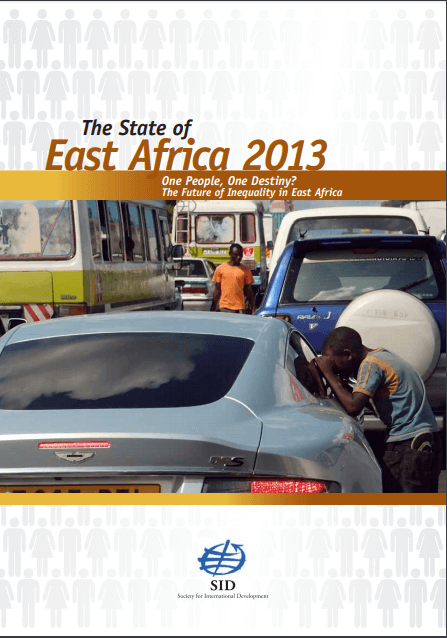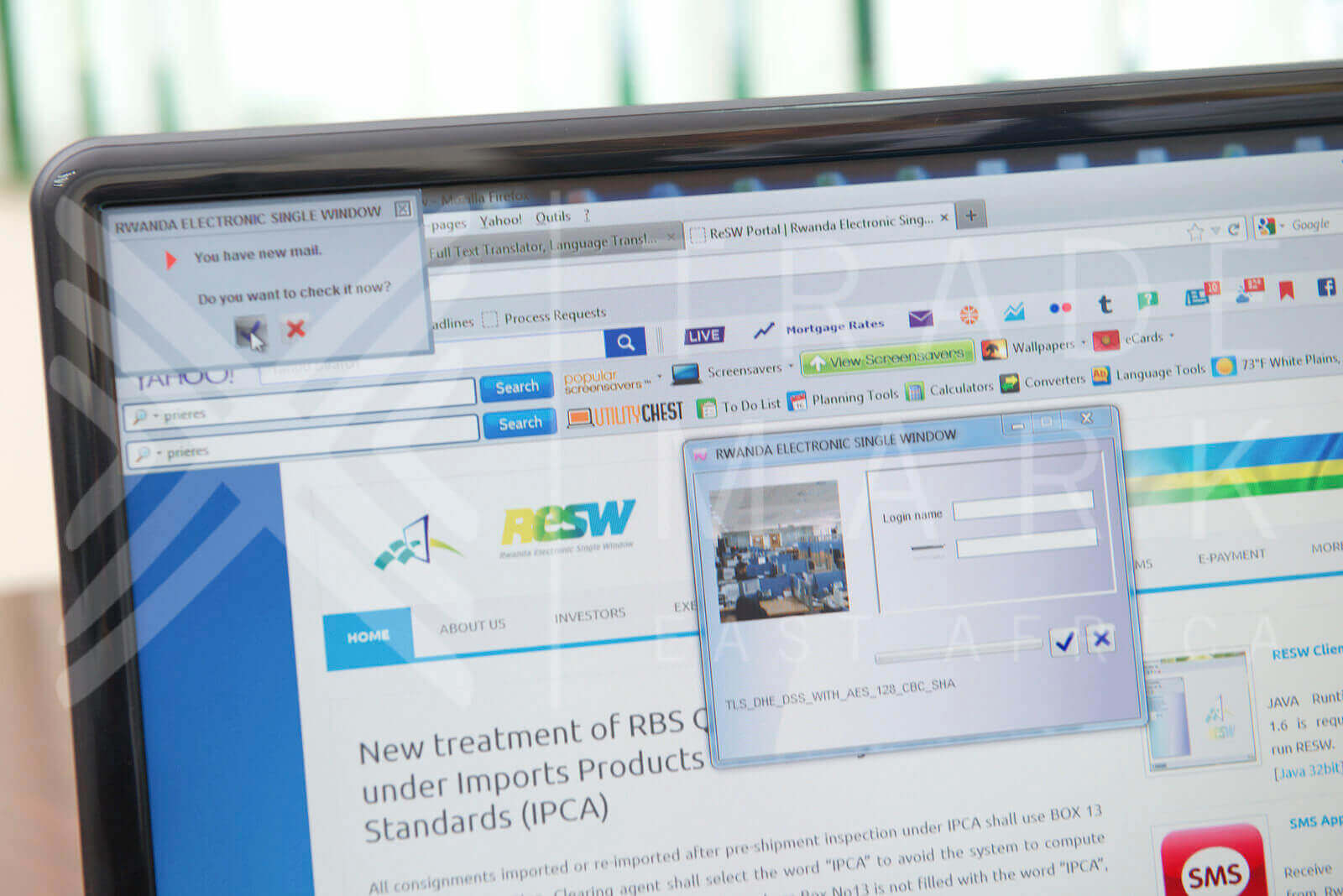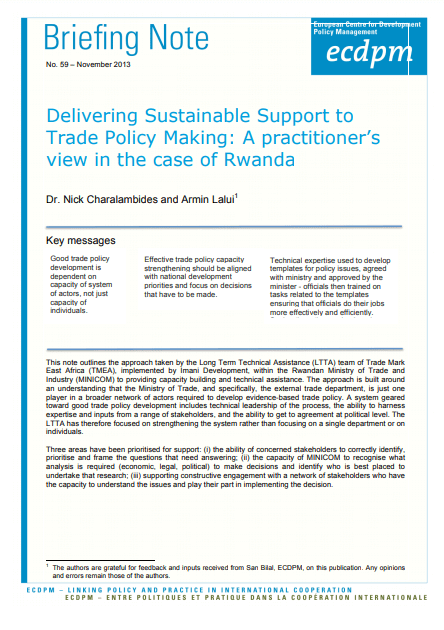[vc_row][vc_column][custom_inner_menus select_menu="project"][/vc_column][/vc_row][vc_row][vc_column][single_project_block_1 heading="Burundi NTB National Monitoring Committee" implementor="National Monitoring Committee on NTBs" target_group="The Burundian Government, the national and international business stakeholders" project_value="US$ 587,137.8" implementation_period="2011 - 2015" download_btn_text="Download Project PDF" download_btn_link="#url"]NTBs are defined in the EAC as “quantitative restrictions and specific limitations that act as obstacles to trade”. Such restrictions and limitations are embedded in laws, regulations, practices and requirements other than tariffs and include non-tariff charges, government participation in trade, restrictive trade practices and policies, among others. Burundi is particularly affected and in terms of cost of export and import ranks among the most expensive in the world. Reducing the time and cost losses to exporters and importers is thus paramount to Burundi’s increased regional integration and trade facilitation, but also to sustaining growth in the long run. What: The aim of this project is to support the National Monitoring Committee (NMC) develop a national strategy and an action plan on eliminating NTB's. How: TMA will provide the required support to Burundi NMC in hiring a coordinator in charge of coordinating activities of the committee Contact: Sandra Nyambuza, Email: [email protected] Click here to learn more about One Stop Border Posts Program[/single_project_block_1][/vc_column][/vc_row][vc_row el_id="desired-result"][vc_column][single_project_block_2 heading="Desired Results" image_1="42084" image_2="42057"]The NMC Coordinator is fully operational; An NMC Strategy is elaborated and validated, a National Action Plan is elaborated and implemented. Together, this results will strengthen of the NMC for the elimination of NTBs in Burundi[/single_project_block_2][/vc_column][/vc_row][vc_row][vc_column][project_single_ele_3_container heading="More Project Insights." sub_heading="Projects Highlights From A Glance" slide_1="info access for 20 crops & over five breeds of livestock"...
Burundi NTB National Monitoring Committee
Posted on: April 12, 2014
Posted on: April 12, 2014


